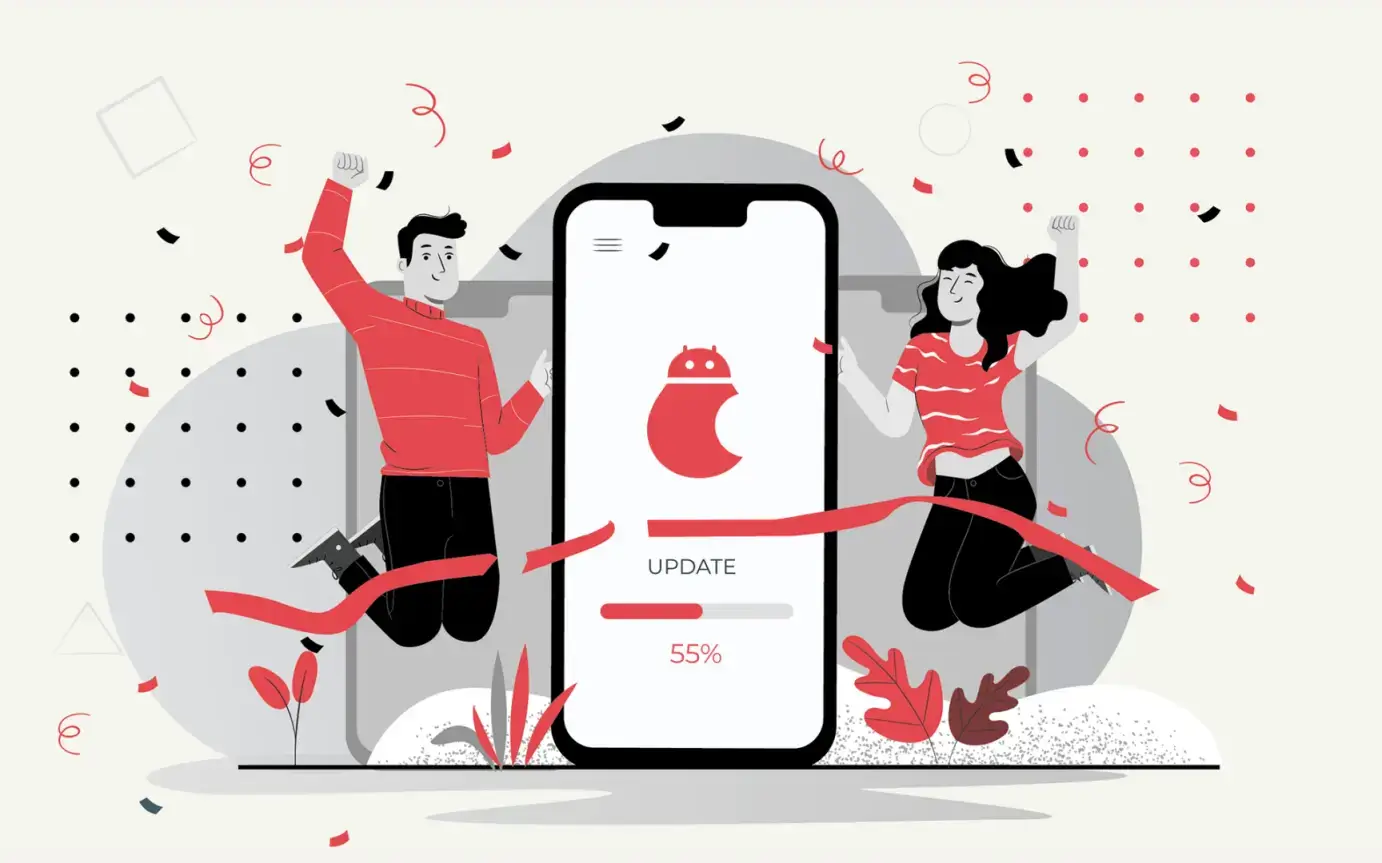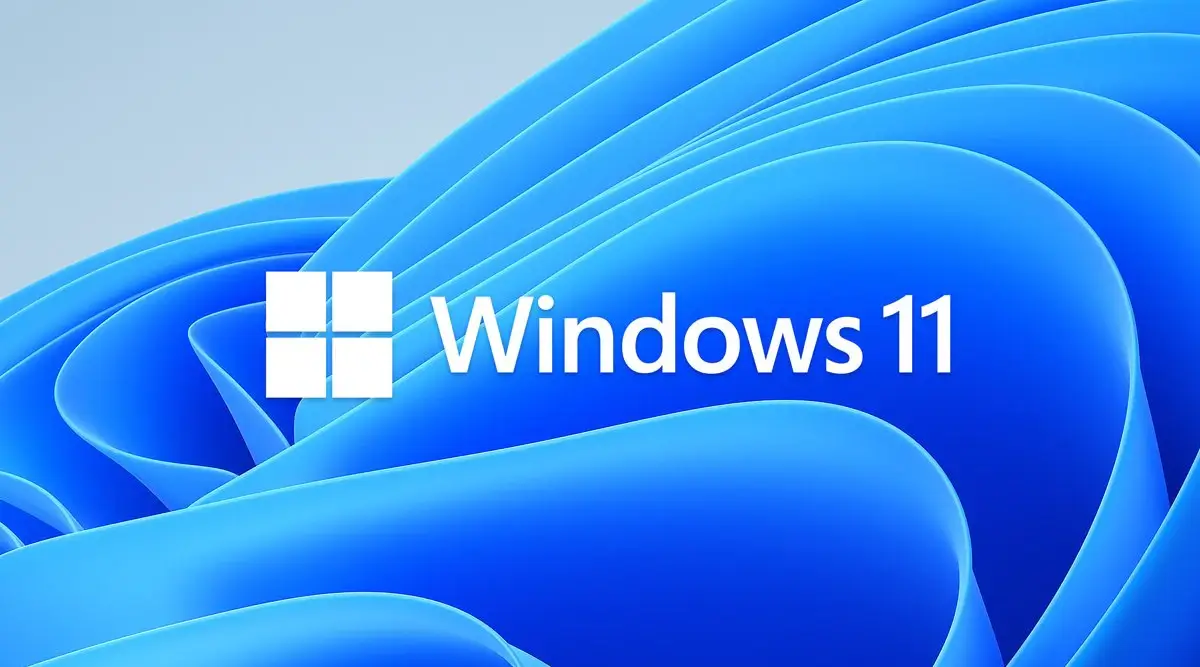The Ultimate Guide to Paying for a VPN: Everything You Need to Know
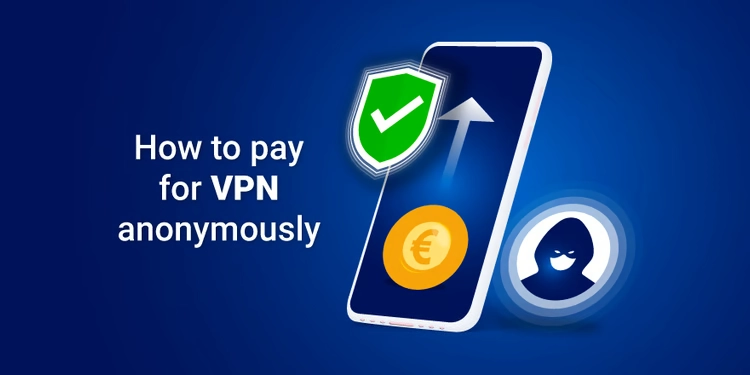
Online privacy and security are more important than ever. Whether you’re looking to browse anonymously, access geo-restricted content, or protect sensitive information from cyber threats, a Virtual Private Network (VPN) is an essential tool. But with so many options available, how do you choose the right VPN, and more importantly, how do you pay for it securely and affordably?
This comprehensive guide will walk you through everything you need to know about paying for a VPN. From different pricing models and payment methods to tips on getting the best deals, we’ll help you make an informed decision. Whether you’re a first-time user or looking to switch providers, this guide will ensure you get the best value while keeping your transactions safe and anonymous.
Why pay for a VPN?
Before we discuss the details of paying for a VPN, let’s first understand why it is worth investing in a paid service instead of relying on free versions. While free VPNs may seem tempting, they often have limitations that can compromise your security and privacy. Paid VPNs, on the other hand, offer a wide range of benefits that make them worthwhile investments.
Firstly, paid VPNs provide enhanced security features, such as advanced encryption protocols and tunneling, ensuring your online activities remain private and protected from potential cyber threats. Additionally, paid VPNs offer better server options and locations, allowing you to access geo-restricted content and bypass censorship restrictions. Moreover, paid VPNs typically have faster connection speeds, ensuring smooth and uninterrupted browsing experiences.
Factors to consider when choosing a paid VPN service
When choosing a paid VPN service, several key factors should be considered to ensure security, performance, and value for money. First, privacy and security features are crucial look for strong encryption (AES-256), a no-logs policy, and advanced security protocols like OpenVPN or WireGuard. Second, server network and speed matter, as a larger server network across multiple countries ensures better connectivity and faster performance.
Third, check compatibility and ease of use, ensuring the VPN works on your preferred devices and offers a user-friendly interface. Additionally, unblocking capabilities are essential if you need access to geo-restricted content like Netflix, Amazon Prime, or YouTube. Finally, consider pricing and customer support, ensuring the VPN offers a reasonable subscription cost, a money-back guarantee, and responsive customer service. Balancing these factors helps in selecting a VPN that meets both security and streaming needs effectively.

When it comes to choosing a paid VPN service, there are several factors that you should consider to ensure that you get the most out of your investment. Here are the key factors to keep in mind:
Security and Privacy: The primary purpose of a VPN is to protect your online privacy and security. Look for a VPN service with strong encryption, a strict no-logs policy, and advanced security features such as kill switch and DNS leak protection.
Server Network: The size and locations of the server network are essential factors to consider. A more extensive server network allows you to bypass geo-restricted content and ensures better connection speeds.
Connection Speed: Slow connection speeds can be frustrating, especially when streaming or downloading large files. Choose a VPN service that offers fast and stable connections to ensure a seamless online experience.
User-Friendly Interface: A user-friendly interface is essential for a hassle-free VPN experience. Look for a VPN service that offers intuitive apps and easy-to-navigate settings.
Customer Support: In case you encounter any issues or have questions, reliable customer support is crucial. Consider a VPN service that provides 24/7 customer support via live chat or email.
Understanding different VPN payment models
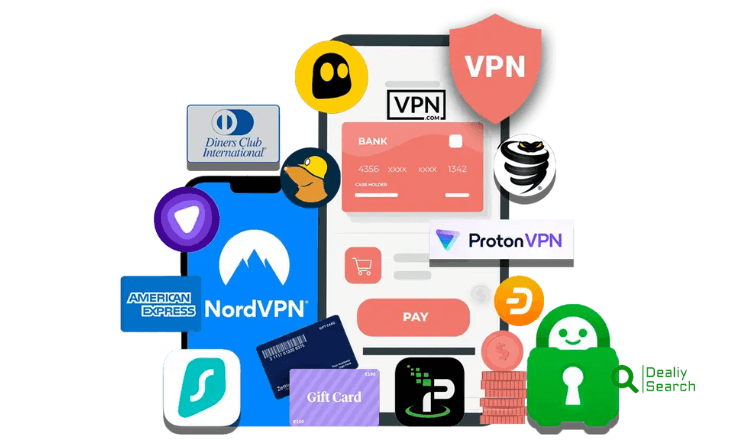
When choosing a VPN, it’s important to understand the different payment models available to find the best balance between cost and value. Most VPN services offer monthly, yearly, or multi-year subscriptions, with longer plans providing significant discounts. Some VPNs also have lifetime subscriptions, but these can be risky as the provider may not sustain long-term service quality.
Pay-as-you-go or usage-based VPNs charge based on data consumption, which is ideal for occasional users. Many VPNs accept various payment methods, including credit/debit cards, PayPal, and even cryptocurrencies for enhanced anonymity. Some providers also offer free trials or money-back guarantees, allowing users to test the service before committing. Understanding these payment models helps in selecting a VPN that aligns with both budget and security needs.
There are different payment models to choose from when it comes to paying for a VPN. Understanding these models will help you make an informed decision based on your needs and preferences. Here are the most common VPN payment models:
Monthly Subscription: This is the most popular payment model, where you pay a fixed monthly amount for access to the VPN service. This model offers flexibility, allowing you to cancel or change your subscription anytime.
Annual Subscription: You pay for the VPN service every year with an annual subscription. This model often comes with a discounted price compared to monthly subscriptions and is a cost-effective option for long-term VPN users.
Multi-Year Subscription: Some VPN providers offer multi-year subscriptions, where you can pay for 2 or 3 years upfront. This model provides the best value for money but requires a longer commitment.
Free Trials and Money-Back Guarantees: Many VPN providers offer free trials or money-back guarantees, allowing you to test their services before committing to a payment plan. This will enable you to evaluate the VPN’s performance and features before deciding.
Comparing pricing plans of popular VPN providers
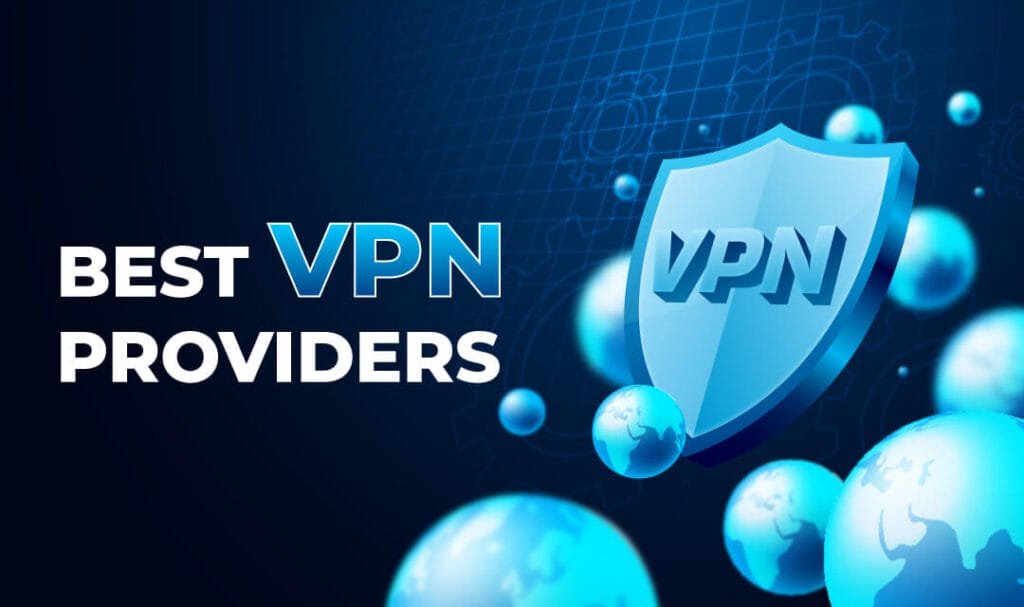
Now that you understand the different payment models, let’s take a closer look at the pricing plans popular VPN providers offer. Remember that the prices mentioned are subject to change and may vary based on current promotions or discounts. Here are some notable VPN providers and their pricing plans:
ExpressVPN: ExpressVPN offers a monthly plan at $12.95, an annual plan at $99.95, and a 6-month plan at $59.95. While it may seem slightly more expensive than other options, ExpressVPN is known for its fast speeds and excellent customer support.
NordVPN: NordVPN provides a monthly plan at $11.95, an annual plan at $83.88, and a 2-year plan at $119.76. With its vast server network and robust security features, NordVPN is popular among VPN users.
CyberGhost: CyberGhost offers a monthly plan at $12.99, an annual plan at $71.88, and a 3-year plan at $87.75. Known for its user-friendly interface and reliable performance, CyberGhost is a budget-friendly option for those seeking a quality VPN service.
Surfshark: Surfshark provides a monthly plan at $12.95, an annual plan at $71.88, and a 2-year plan at $47.76. Despite being relatively new in the market, Surfshark offers a feature-packed VPN service at an affordable price point.
Key features to look for in a paid VPN service

When choosing a paid VPN service, it is essential to consider the key features that will enhance your online experience and protect your privacy. Here are some critical features to look for:
Strong Encryption: Look for a VPN service that offers robust encryption protocols, such as AES-256, to ensure your data remains secure and private.
No-Logs Policy: A strict no-logs policy means the VPN provider does not collect or store your online activity data. This ensures that your browsing history remains confidential.
Kill Switch: A kill switch is a crucial feature that automatically disconnects your internet connection if the VPN connection drops. This prevents your IP address from being exposed and keeps your data secure.
DNS Leak Protection: DNS leak protection ensures that your DNS requests are routed through the VPN server, preventing any potential leaks of your browsing activity.
Multi-Device Support: If you have multiple devices that you want to protect, choose a VPN service that offers support for simultaneous connections on multiple devices.
Dedicated IP Address: Some VPN providers offer dedicated IP addresses, which can be helpful if you require a static IP for certain online activities, such as gaming or remote access.
How to pay for a VPN securely
Paying for a VPN securely is essential to protect your privacy and financial information. The safest method is using cryptocurrencies like Bitcoin, which offer a high level of anonymity by preventing the exposure of personal details. If crypto isn’t an option, consider using privacy-focused payment methods like prepaid debit cards or PayPal, which add an extra layer of security. Many VPN providers also accept gift cards from major retailers, allowing for an anonymous purchase.
When using credit or debit cards, ensure the VPN provider has secure payment processing with SSL encryption to protect your data. Additionally, avoid storing payment details on the VPN website unless necessary, and opt for services that do not require excessive personal information during signup. Choosing a secure payment method ensures both privacy and financial safety when purchasing a VPN subscription.
While VPNs provide enhanced security and privacy, paying for your VPN service securely is essential to protect your payment information. Here are some tips for paying for a VPN securely:
Use Secure Payment Methods: Secure payment methods like credit cards, PayPal, or cryptocurrencies like Bitcoin. These methods offer an additional layer of protection for your financial information.
Check for Secure Website Connection: Ensure that the VPN provider’s website has a secure connection before making a payment. Look for “https://” at the beginning of the URL and a padlock icon in the browser address bar.
Avoid Public Wi-Fi Networks: When making a payment, avoid using public Wi-Fi networks as they are often insecure and can expose sensitive information to hackers. Use a secure and private internet connection instead.
Read Privacy Policies: Read the VPN provider’s privacy policy to understand how they handle and protect your data. Look for transparency and ensure that they have a strict no-logs policy.
Enable Two-Factor Authentication: If the VPN provider offers two-factor authentication, enable it for an extra layer of security. This adds a step to the login process, making it more difficult for unauthorized access.
Common mistakes to avoid when paying for a VPN
When paying for a VPN, users often make common mistakes that can compromise their privacy and financial security. One major mistake is choosing the wrong payment method, such as using a personal credit card without considering anonymous options like cryptocurrency or gift cards. Another error is ignoring refund policies, as some VPNs may not offer a money-back guarantee, leaving users stuck with a service they dislike.
Many people fall for fake or scam VPNs, lured by extremely cheap lifetime deals that may compromise security or sell user data. Forgetting to check automatic renewal policies is another mistake, leading to unexpected charges after the initial subscription period. Lastly, some users overlook security features on the payment page, failing to check for SSL encryption or secure gateways, which could expose their financial details. Avoiding these mistakes ensures a safer and smarter VPN purchase.
While paying for a VPN is a relatively straightforward process, there are some common mistakes that you should avoid to ensure a seamless experience. Here are the critical mistakes to watch out for:
Falling for Lifetime Subscription Offers: Lifetime VPN subscriptions may seem tempting, but they often come with limitations and risks. Be cautious of such offers and opt for reputable VPN providers with transparent pricing plans.
Ignoring the Refund Policy: Before paying, familiarize yourself with the VPN provider’s refund policy. This will give you peace of mind, knowing you can get a refund if unsatisfied with the service.
Not Testing the VPN Before Committing: Take advantage of free trials or money-back guarantees to test the VPN service before committing to a payment plan. This will help you evaluate the performance and features without any financial risk.
Sharing Your VPN Account: Avoid sharing your VPN account with others, as this can lead to security risks and potential misuse of your account. Each user should have their own individual VPN subscription.
Neglecting Regular Updates: Keep your VPN software current to ensure you have the latest security patches and features. Regular updates help protect against emerging threats and vulnerabilities.
Frequently asked questions
What is the safest way to pay for a VPN?
The safest way to pay for a VPN is by using cryptocurrency (Bitcoin, Monero, etc.) or prepaid gift cards, as they offer maximum anonymity. If those aren’t options, PayPal or virtual debit cards provide a secure alternative while protecting financial details.
Can I get a refund if I don’t like the VPN service?
Most reputable VPN providers offer a money-back guarantee, typically ranging from 7 to 30 days. Always check the refund policy before purchasing to ensure you have the option to cancel and get your money back if the service doesn’t meet your expectations.
Are free VPNs a good alternative to paid ones?
Free VPNs often come with limited security, slower speeds, data caps, and privacy risks (some even sell user data). A paid VPN ensures strong encryption, no-logs policy, faster speeds, and better reliability for streaming, browsing, and online security.
What happens if I forget to cancel my VPN subscription?
Many VPNs have auto-renewal enabled by default, meaning you’ll be charged automatically unless you cancel before the next billing cycle. Always check the renewal terms when signing up and set a reminder to cancel if you don’t want to continue.
Can I use one VPN subscription on multiple devices?
Yes, most premium VPNs allow multiple simultaneous connections under one account, typically ranging from 5 to unlimited devices. This ensures you can protect your PC, smartphone, tablet, and other gadgets without purchasing separate subscriptions.
More Related Post: Understanding VPN Investments
Conclusion
Paying for a VPN is a wise investment in today’s digital landscape. By choosing a paid VPN service, you can enjoy enhanced security, privacy, and access to geo-restricted content. When selecting a VPN, consider security features, server network, connection speed, and customer support. Compare pricing plans of popular VPN providers and ensure that you pay for the service securely. Avoid common mistakes and use free trials or money-back guarantees to test the VPN before committing. By following these guidelines, you can make an informed decision and find the perfect VPN service that meets your needs. Stay safe and enjoy a secure online experience with a paid VPN.

